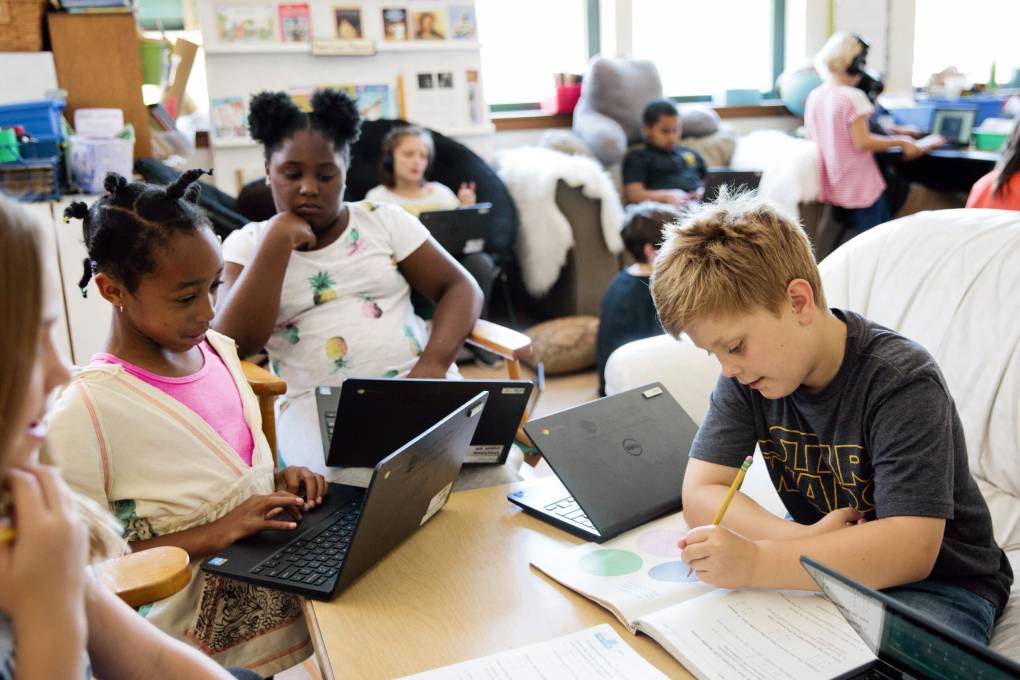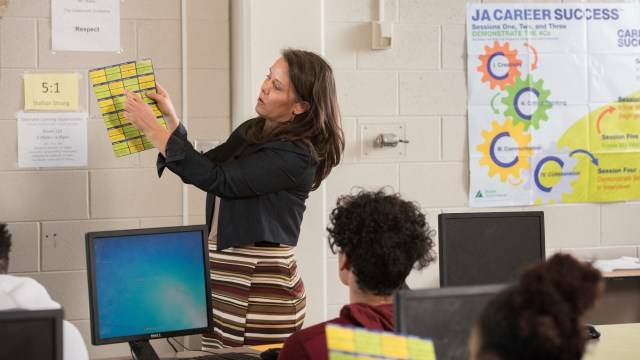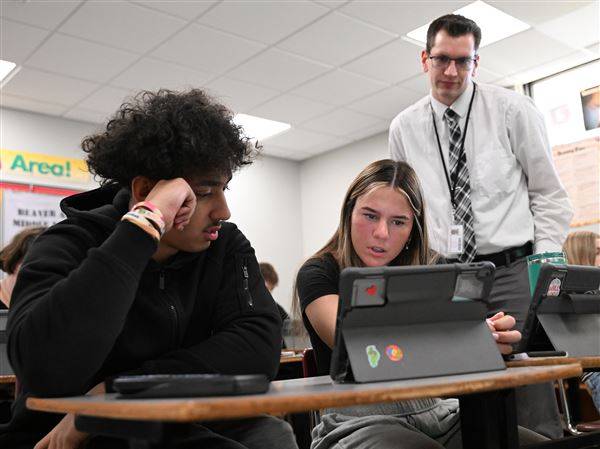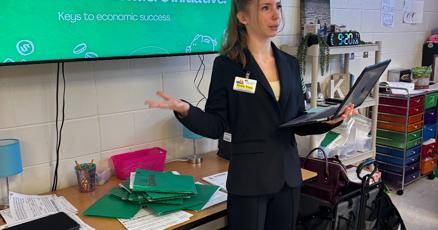CSUF’s Peer-to-Peer Financial Wellness Mentoring Program
Cal State Fullerton has introduced an innovative peer-to-peer financial wellness mentoring program, equipping students with essential skills in budgeting, credit management, and savings. This initiative reflects a broader shift in higher education toward integrating financial literacy as a core component of student success. By leveraging peer mentors, CSUF fosters a more relatable and supportive learning environment, allowing students to navigate financial challenges with confidence.
Personalized Peer Mentorship
Part of CSUF’s Basic Needs Services, the program is led by trained student mentors who provide personalized guidance. Unlike traditional financial advising, this approach prioritizes real-life experiences and peer connections, reinforcing the idea that financial literacy requires a personalized touch.
The initiative addresses more than just numbers—it helps students overcome the emotional and psychological barriers that often prevent them from seeking financial guidance. A peer-focused model makes discussions more approachable and fosters trust, encouraging students to take control of their financial futures.
Broader Significance of Financial Education
The significance of such programs goes beyond the university setting. They highlight a national need for financial education, ensuring graduates can manage personal finances effectively in an increasingly complex economy.
Financial stability is closely linked to career growth and overall well-being, making initiatives like CSUF’s vital for long-term success. As the workforce evolves, financial acumen is becoming as essential as technical and soft skills, reinforcing the importance of early financial education.
Balancing Technology and Human Interaction
At a time when AI-driven financial tools are becoming more prevalent, this program also underscores the enduring value of human interaction in financial decision-making. Technology may offer automation and data-driven insights, but peer mentoring provides the empathy and real-world understanding that digital tools cannot replicate.
The ability to discuss financial concerns with someone who has faced similar challenges enhances both confidence and decision-making skills.
The Future of Financial Education
Looking ahead, the success of CSUF’s peer mentorship model could influence other institutions looking to integrate financial literacy into student support services. As digital resources and AI-powered financial tools continue evolving, higher education may find new ways to merge technology with personalized, human-centered guidance.
Striking the right balance between digital efficiency and meaningful human interaction will be key in shaping the future of financial education.
For more insights on how technology is transforming education and financial literacy, visit Epochedge education. Stay updated on the latest tech trends and their societal impact at Epochedge news.










